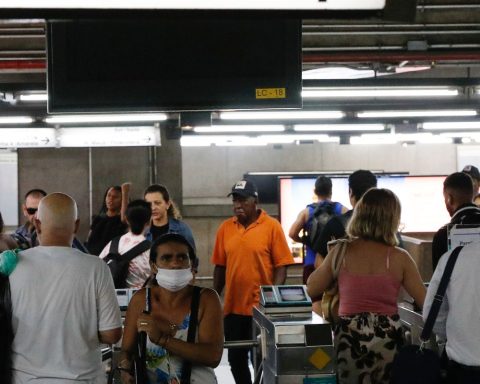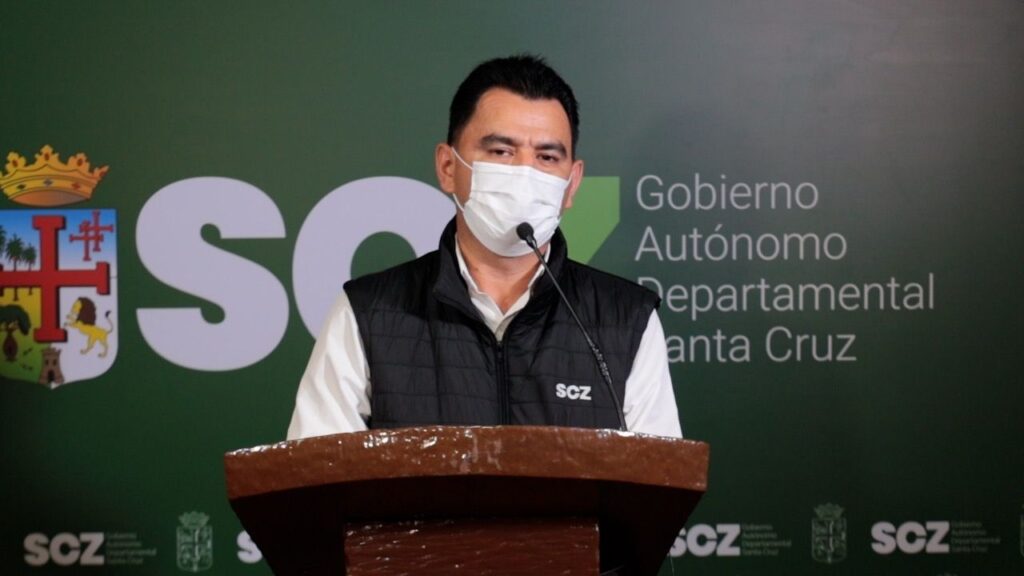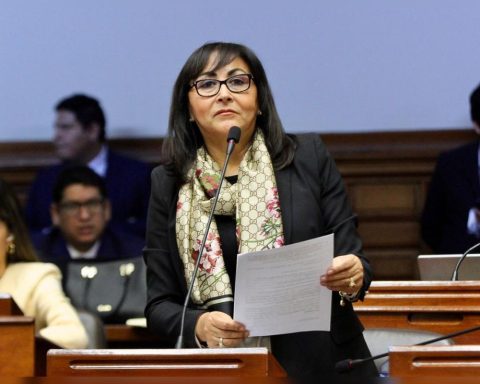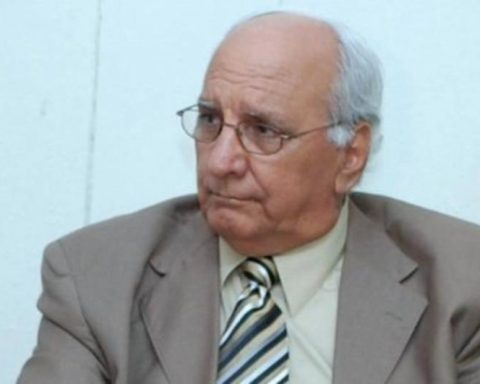President Jair Bolsonaro sanctioned, with vetoes, this Thursday (23) the new legal framework for rail transport. The law seeks to facilitate private investments in the construction of new railways, in the use of idle stretches and in the provision of rail transport services.
The measure will allow the construction of new railroads by authorization, as occurs in the exploration of infrastructure in sectors such as telecommunications, electricity and ports. The exploration of stretches that are not implemented, idle or in the process of being returned or deactivated may also be authorized.
According to the federal government, the sanctioned provision simplifies the procedure for providing a transport service that does not involve exploration of the infrastructure. Thus, the valid registration in registration with the railway regulator will be enough for the freight or passenger rail transport agent.
public railways
The new legal framework will facilitate the return of sections that are not of interest to the concessionaire so that they can be transferred to third parties interested in obtaining authorization to operate the service.
The new legislation also allows third parties to invest in concession railways, as provided for by the “Investor User and Associate Investor”, who will be able to sign contracts with the concessionaires without the need for any prior authorization or bureaucratic procedure from the regulatory body.
From now on, the railway administrators will be able to join together to create a self-regulatory entity, which will establish technical-operational standards without State interference, which will be limited to regulating safety issues and specific situations.
vetoes
With the justification that the legislation has the objective of reducing bureaucracy, Bolsonaro vetoed documentary requirements reputed as not essential to obtaining authorizations and vetoed a provision that established preference for current concessionaires in obtaining authorizations in their area of influence.
“Different treatment for current operators would make it difficult for new providers to enter and, as a consequence, would reduce competition in the sector. In addition, this rule would represent an offense to equality between current concessionaires and potential new entrants to the market”, justified the government.

















